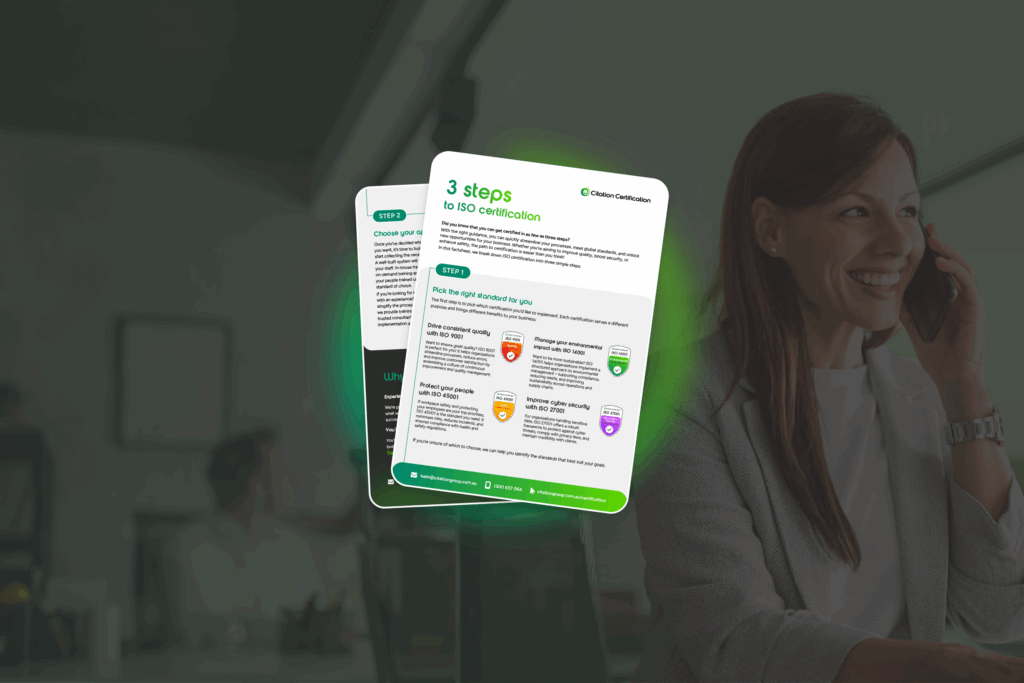
As most readers would know, the Social, Community, Home Care and Disability Services Award 2010 (SCHADS Award) sets the base entitlements and conditions for many employees in the social and community services sector and home care sector.
Changes to awards happen all the time, and we know that interpreting, applying, and keeping up with them can be complicated and often time-consuming.
Significant changes to the SCHADS Award occurred in 2022. A quick summary of the changes which came into effect in 2022 is below:
| Clause | Summary of change |
| Minimum engagement period for home care employees | Casual and part-time home care employees will have a minimum engagement of two hours. |
| Part-time minimum engagement periods | New clause 10.5 will provide a minimum engagement for part-time and casual employees for each shift or period of work in a broken shift as follows:
|
| Part-time employees – review of guaranteed hours | The Award will now include a mechanism for part-time employees who have regularly worked hours in addition to their agreed ordinary hours to request their agreed hours be increased. |
| Part-time employment – working additional hours | The clause relating to part-time employees working additional hours will be varied to clarify an employer must not require a part-time employee to work additional hours over their guaranteed hours. This means that additional hours for part-time employees must be voluntary. |
| Broken shifts | The broken shift clause will be varied so that:
|
| Client’s cancellation | The FWC decided the current client cancellation clause should be deleted and replaced with a new clause that includes the following provision:
*Includes where a client reschedules a scheduled service. |
| Remote work | Remote work will be defined as the performance of work by an employee at the direction of, or with the authorisation of, their employer that is:
This new clause will provide for rates at which employees must be paid for such work and how employees must maintain and provide timesheets. |
| Soiled or damaged clothing | Employees are now afforded an allowance if their clothing (other than a uniform) is damaged while performing their duties. Employees will be provided with:
These entitlements are conditional on the employee providing notice of the soiling or damage as soon as reasonably practicable, providing reasonable requirements to wear PPE. The entitlements also only apply if the damage wasn’t caused by the employee’s negligence. |
| 24-hour care | The 24-hour care clause will be expanded to:
|
| Quantum leave for shift workers | The entitlement to an additional week of leave under the shift worker provisions of the Award will be amended so an employee who works at least eight 24-hour shifts during the yearly period in which their annual leave accrues will be entitled to an additional week of annual leave. |
| Rosters | The Award will be amended so that rosters can also be varied by mutual agreement between the employer and employee where it is the employee proposing the variation to accommodate a shift sway with another team member. |
| Overtime for part-time and casual employees | The changes to the SCAHDS Award clarify when part-time and casual employees are entitled to overtime. That is:
Overtime rates are in substitution for and not cumulative on the shift premiums for shift work and do not apply to ordinary hours worked on a Saturday or Sunday. |
What changes are coming in 2023?
The only significant change to the SCHADS Award in 2023 is the minimum wage increase for direct care workers. From 30 June 2023, eligible employees under the Aged Care Award, Nurses Award, and SCHADS Award are entitled to a 15 per cent minimum wage increase.
Background
Direct care workers, including nurses and personal care workers, were awarded an interim 15 per cent minimum wage increase by the Fair Work Commission (FWC) in November 2022. The increase was in recognition that gender-based assumptions have long underpinned the value ascribed to aged care work, with the result that aged care workers have historically been underpaid.
The February 2023 decision confirms the timing and phasing of the interim increase, and that the making of interim increases is necessary to achieve the modern awards objective for:
- Direct care workers under the three awards;
- Head chefs/cooks under the Aged Care Award (Levels four to seven) provided the employee is the most senior chef or cook engaged in a facility).
- Recreational activities officers/lifestyle officers under the Aged Care Awards.
The decision confirms the interim increase to minimum wages in the three Awards will take effect from 30 June 2023.
The increase applies to the following types of employees:
- Nurses Award: Nursing assistants, enrolled nurses, registered nurses, and nurse practitioners working in aged care.
- Aged Care Award: Personal care workers and recreation/lifestyle activities officers.
- SCHADS Award: Home care workers working in aged care.
This 15 per cent increase to minimum wages for the above types of employees, is separate from the Annual Wage Review decision. As you would be aware, from the first full pay period on or after 1 July 2023, all award minimum wages increased by 5.75 per cent.
The above changes are amongst many that have been announced for workers in the disability and care sectors.
About our author
Amanda Curatore is a qualified Solicitor at Citation Legal. Amanda is highly experienced in providing workplace relations advice and assistance to clients in a wide range of matters including employment contracts, modern award interpretation, managing performance, bullying and harassment, terminations and managing risk.









